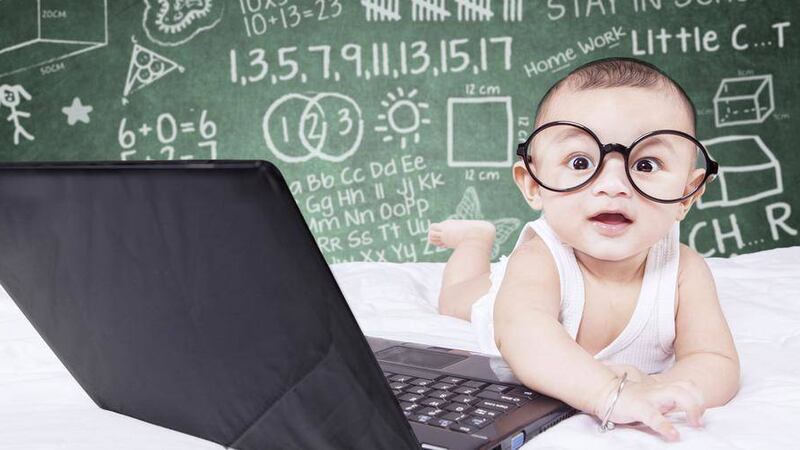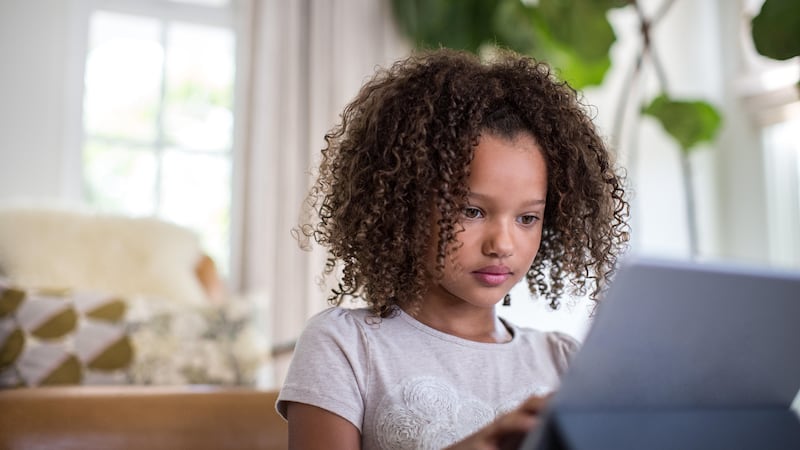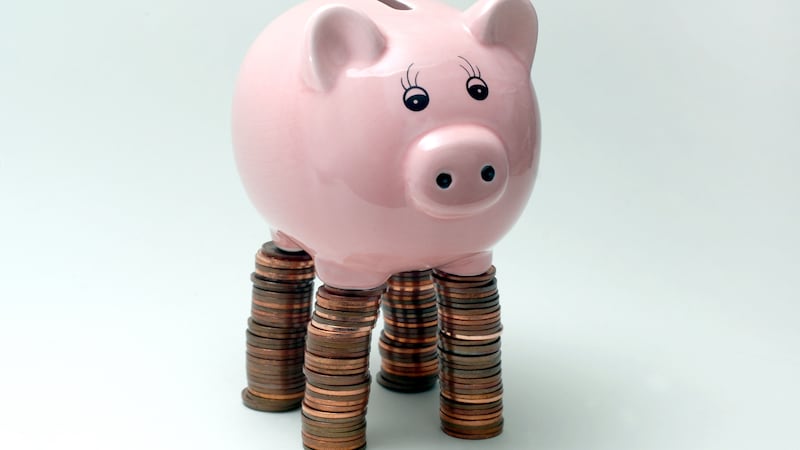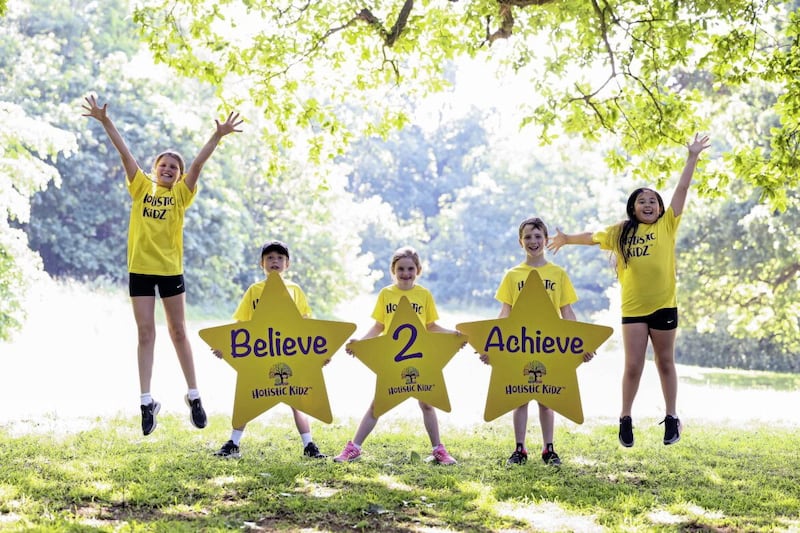PARENTING issues are the same the world over – but ways of dealing with them most certainly are not.
While parents in our part of the world wean babies on safe foods, like mashed banana and pureed vegetables, Inuit parents in the Arctic will happily feed young children whale skin and blubber, or perhaps a delicious dish of chewed caribou's cud, retrieved from the animal's stomach.
And although many Western parents wrap youngsters in cotton wool and insist they don't take risks (sometimes with good reason), by the age of eight, Paraguayan children can find their way through dense rainforests on their own.
It was such huge variations in parenting methods that prompted author, Mark Woods, to write his new book Planet Parent, which details many of the best parenting techniques from across the globe.
"We've all got the same issues as parents, but the ways of tackling them can be quite different around the world," says Woods, a father of three young children.
Woods's first experience of differing parenting methods came while he was in China, and saw a mother toilet training a six-month-old baby.
"She held it up and made a noise and the baby got it and did a wee," he says.
"By the age of about one, children trained like this in China are dry. I just thought that was amazing, and it made me wonder what else was going on in other countries with regards to parenting."
Another addition to the Chinese toilet training armoury is split trousers for toddlers, where the crotch is split open so children can go to the toilet straight away without taking their trousers down.
"It seems to have worked for about two billion Chinese, so maybe it's a good idea," says Woods
Another method Woods has tried himself – or, to be more accurate, his baby daughter Nancy has tried – is the French approach to children's eating.
French children, Woods observes, don't just eat well, they also develop a "positive, adventurous and healthy overall attitude to food at a very early age".
They do this through 'food diversification', where parents introduce a different vegetable to their child every four days as they wean them. The idea is to expose them to as many flavours as possible before the age of two, when it becomes more common for them to be reticent about trying new foods.
Woods was so inspired by the French foodie way of weaning that he's just given trout and potatoes to his baby daughter Nancy, who ate it happily, he reports.
"The French give a broad experience of flavours to babies when they're weaned, and don't bother about textures so much – they'll puree everything to within an inch of its life, and deal with textures when kids are older," he explains.
Learning to write is one of the fundamentals of learning in Irish schools– but not so much in the United States. Woods says that in more than 40 US states, there has been a move away from joined-up (cursive) writing, and although it's still taught, not much time is spent on it. He believes it's only a matter of time before other countries, including Britain, follow suit, pointing out that the use of voice recognition technology, keyboards and touch screens has made handwriting less important in the modern world.
"Traditionalists don't see it this way, but I think that in the future, people will think cursive handwriting, like calligraphy, can look beautiful, but it did a job in the past."
Another novel education approach – again in the US – is that creative exploration video game Minecraft, is being used to help teach children in schools.
"You've immediately got the child's attention," says Woods, "and within that environment, you can teach physics, trigonometry, anything.
"Rather than illustrating one plus one, as one apple plus one apple, for example, they use Minecraft. They're using imagination and changing the environment to aid learning."
As for overall education, Finland and South Korea have the most successful systems in the world, but also have polar opposite approaches, says Woods.
In Finland, school doesn't start until the age of seven, and children are encouraged to learn through play, often playing outside all day. There's no formal testing and importance is placed on non-academic subjects like music and art, with limited homework.
In contrast, it's all about testing, hard work and academic subjects in South Korea. Days start at 6am, with most children having private tutoring in the evenings.
South Korea has a high suicide rate, Woods points out, whereas Finland features in the top 10 of many happiness surveys. So, perhaps there's something to learn from the Finnish approach.
"Planet Parent is getting smaller because we're mixing ideas," says Woods.
"It used to be that your family was your source of parenting advice, but these days people often live away from their families, so they look much further afield."
:: Planet Parent: The World's Best Ways To Bring Up Your Children by Mark Woods is published by White Ladder Press, priced £10.99.








